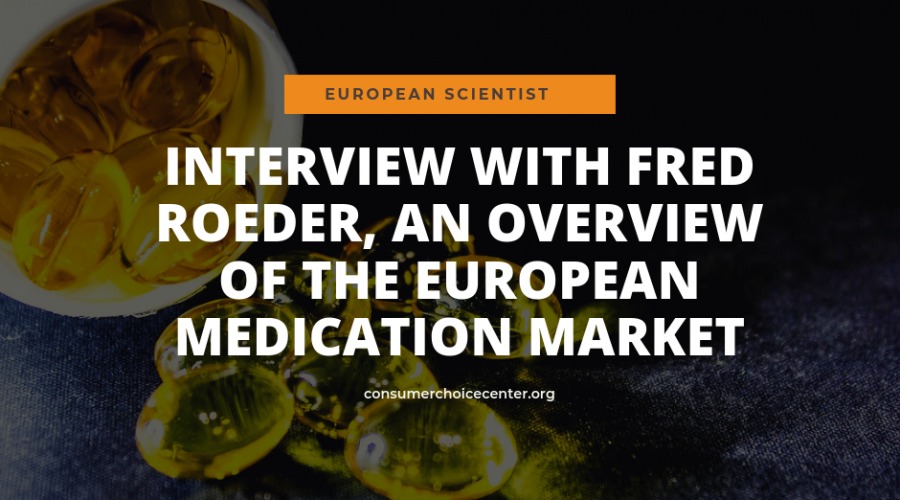Boris Sparks Hope for Science
In his first speech as Prime Minister, Boris Johnson has delivered a promising outlook for the UK’s tech and agricultural sector, by committing to a more innovation-prospering future after Brexit. Johnson mentions “a bioscience sector liberated from anti genetic modification rules… we will be the seedbed for the most exciting and most dynamic business investments on the planet.” He also adds: “Let’s develop the blight-resistant crops that will feed the world”, in a move cheered by the National Farmers Union.
If you’re reading op-eds in the Guardian and blog entries from certain environmentalist groups, you’d think that this is some sort of gift from the PM for the sake of inflating British business. They’re mistaken, as unleashing scientific innovation in the United Kingdom means much more than that.
We know for instance that that growing a GM pest-resistant crop like this in the UK could save about £60 million a year in pesticide use. This is certainly good news for farmers, yet lest we forget – £60 million in savings means more leeway for competitive food pricing within the United Kingdom. With food prices in the EU rising by 2 per cent, the new government can send a powerful message that yes, food can become cheaper through more than just dropping tariffs, but through more efficient and technologically advanced farming. As of now, GM crops aren’t grown in the UK, but imported genetically modified soy is used for animal feed.
We also know that upcoming generations have much more favourable views towards scientific innovation in the agricultural sector than their parents. A 2018 poll of 1,600 18 to 30-year-olds, carried out for the Agricultural Biotechnology Council (ABC), found that two-thirds support agro-tech innovations – only 22 percent being concerned about the use of gene-editing or genetically-modified crops.
So why agro-tech, and why now?
As the UK looks towards a free trade future after the withdrawal from the European Union, Boris Johnson knows that the UK economy needs to be competitive and up to the challenge of changing environments and markets. Genetically-modified crops and gene-editing present amazing opportunities in the years to come, not only in the area of food, but also in patient choice. Gene-editing technologies could have a huge impact in reducing the death toll from diseases such as dengue fever, yellow fever, and the Zika virus.
This why the scientific community in the European Union will be more inclined with Boris Johnson than its own political leadership. 117 European research institutions have recently signed an open letter calling on ECJ to enable gene editing, bemoaning the strict legislation currently in place.
They write: “The strict legislation will make precision breeding hyper-expensive and, by consequence, a privilege of just a few large multinational companies. As such, European farmers will miss out on a new generation of hardier and more nutritious crop varieties that are urgently needed to respond to the results of climate change.”
One year ago, the European Court of Justice (ECJ) decided in Case C-528/16 that gene-editing should be treated the same way that genetically-modified organisms are handled at the moment, keeping them in essence practically illegal.
In the future, the European Union will have its own challenge of dealing with scientific innovation. For Boris Johnson, the hope needs to be that he can follow-up his promises with actions, delivering a prosperous era of innovation for Britain. By setting an example of breeding technologies and their benefits for human health and consumer choice, the UK could even become a new beacon of scientific research, to which the EU could eventually aspire to.










